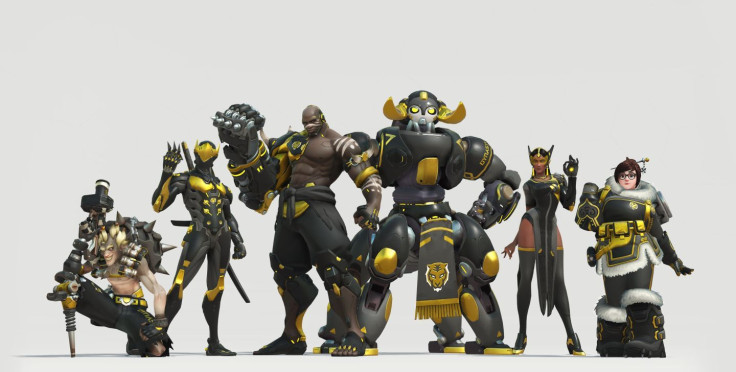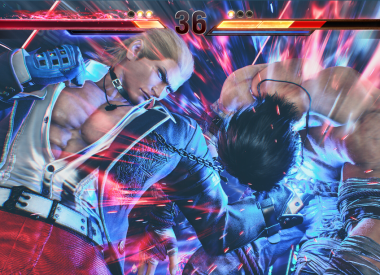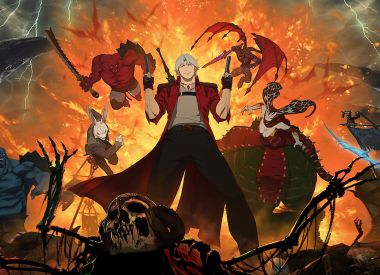Kevin Chou, CEO and co-founder of KSV esports, has one of the strongest esports portfolios in the business. He owns world championship teams in League Of Legends, Heroes Of The Storm and, soon, Overwatch. But he’s not simply a lucky businessman, he has a long history in the games industry, too.
Eleven years ago, Chou started Kabam, a game studio best known for the free-to-play fighter Marvel’s Contest Of Champions. He grew the company from its initial funding to more than 1,000 employees and millions in revenue before selling part of the venture to to Korean game publisher Netmarble, in February 2016 for almost $1 billion. Over his decade in the game industry, Chou had been closely following the evolution of esports, especially in Korea.
“I’d been developing games for ten years and tracking esports all along the way,” Chou said. “There isn’t a strong traditional sports culture for esports to compete with in Korea so over the last two decades, esports has become one of the most viewed competitive experiences.” Three years before the sale of Kabum to Netmarble, Chou worked out of an office in Seoul. Soon it was time to put his insight and his fortune to work.
In November 2016, Blizzard announced the Overwatch League. The hero shooter is hugely popular around the world, especially in Korea where it is consistently one of the top games played at internet cafes, known as PC Bangs. Spearheaded by commissioner Nate Nanzer, the League looked for months for potential team owners, courting esports titans like Cloud9 and Team Solomid. News about the search trickled out in 2017, prompting Chou to finally call Nanzer. Initial proposals for team ownership had started to come in, but the League’s teams had not been officially settled. Nanzer offered to explain more, and Chou headed to Los Angeles.
At the Blizzard campus, Nanzer and a few other Blizzard employees outlined their idea for a truly global Overwatch League. “After that meeting I thought what they were doing was super exciting and is what esports should be about,” Chou said.
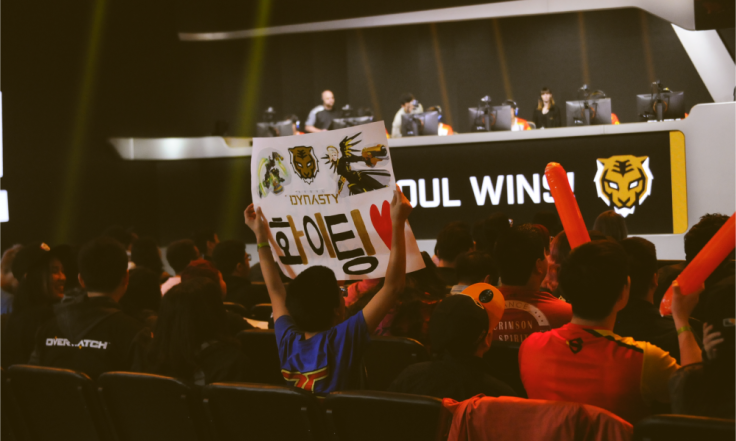
Blizzard had trouble finding international team owners willing to pay the $20 million buy-in to join the League. It wouldn't make sense to have an international esports league without one of gaming’s strongest regions. And many Korean companies already invested in esports, like Jin Air and SK Telecom, but weren’t interested in being part of the Overwatch League. The buy-in fee was exorbitant and Chou explained “the idea of global esports competition didn’t fit into what the conglomerates mandate was for esports in their country.”
Operating an esports empire on a transcoastal schedule is extremely difficult. Recruiting a team to represent your city, transporting coaches and players around the world, negotiating and analyzing 500 page legal documents and more was too much to ask, so Chou made a counter proposal.
“I know all about Seoul, I have a ton of connections there and I’m interested in being a Seoul owner instead of a U.S. owner,” Chou said in that original meeting. Blizzard told him to submit his proposal and, two months later, he was the official team owner of the Overwatch League’s Seoul Dynasty.
Now that he had a pro team, he needed pro players. Chou had been an avid Overwatch player since launch and understood synergy is the key to winning. “While you can have a lot of individually skilled players, they can be overcome by a well-coordinated team with lesser individual skill,” Chou said. His strategy was simple: buy out a team that had already been playing together. He interviewed eight potential teams playing in the APEX league, the original premier Korean Overwatch tournament.
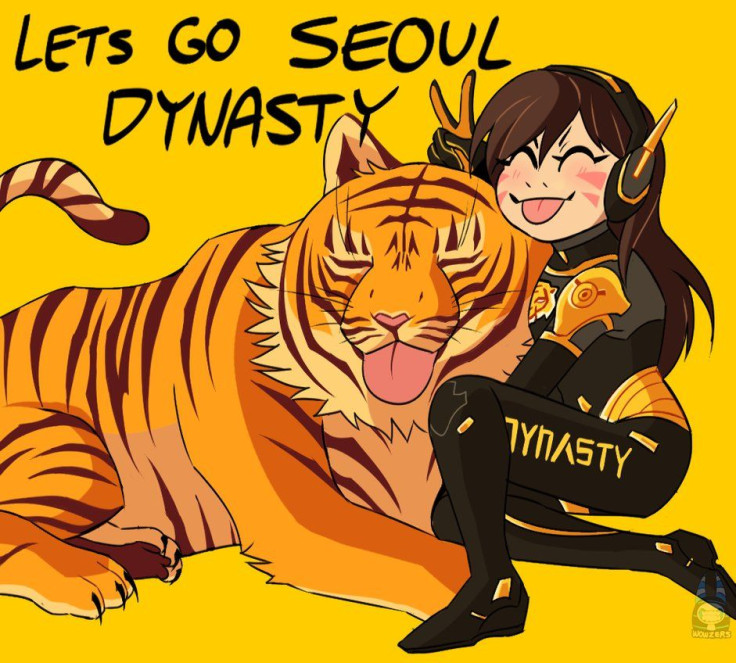
Spending two to three hours with each team, Chou asked questions about their dynamic, drama that happened behind the scenes, why certain players or coaches were brought on and how the coaching staff worked with players. Lunatic-Hai, the winners of season two and three of the APEX Leader, were chosen to become the new Seoul Dynasty. Six players were added to complete the 12-man roster and Korea’s only Overwatch League team was born.
Running an international esports empire is busy work.“If I’m lucky, I go to bed at 9 p.m. and wake up at 5 a.m,” Chou said. With Seoul Dynasty currently tied for first place in the standings, there’s no time to slow down.
- Amazing Art Style
- Balanced Mechanics
- Characters Keep You Coming Back For More
- No Single Player
- Overwhelming At First


